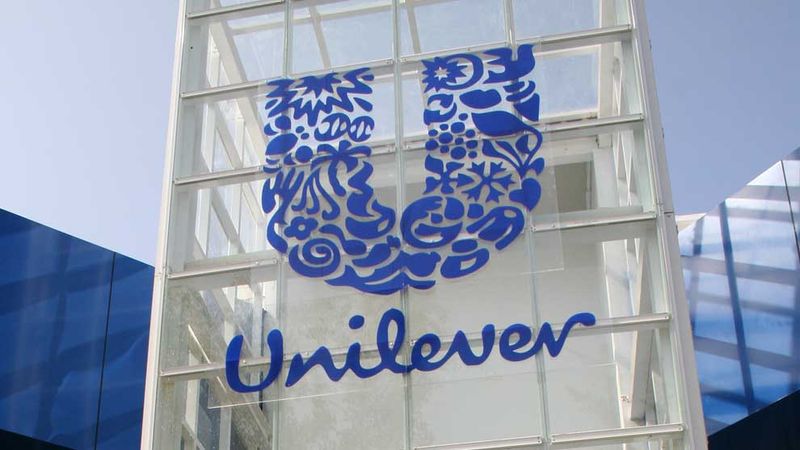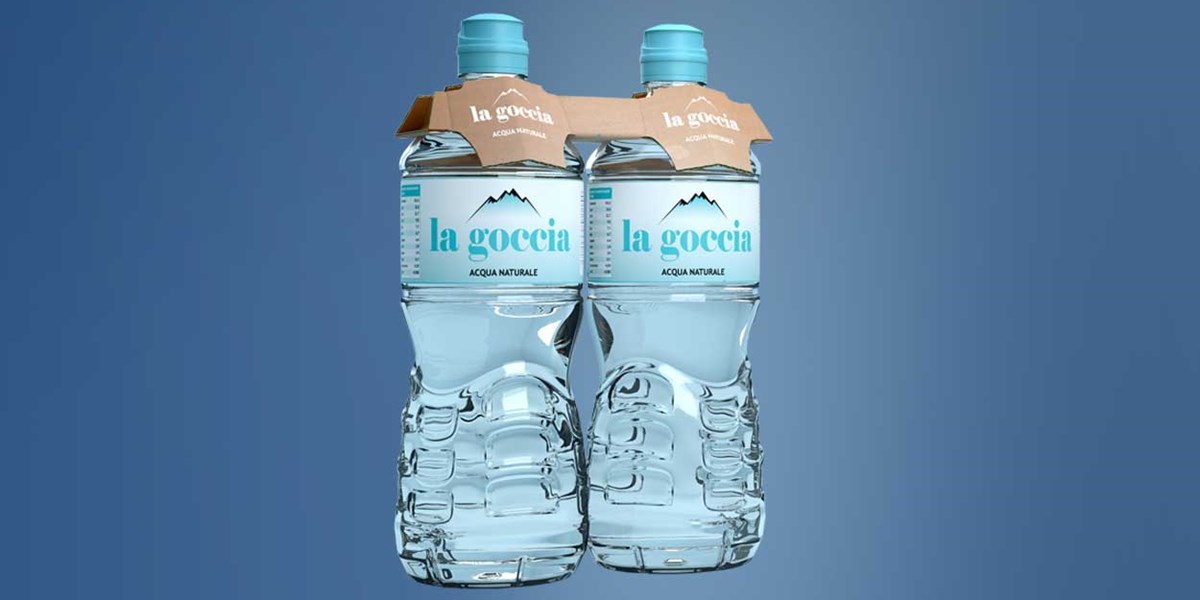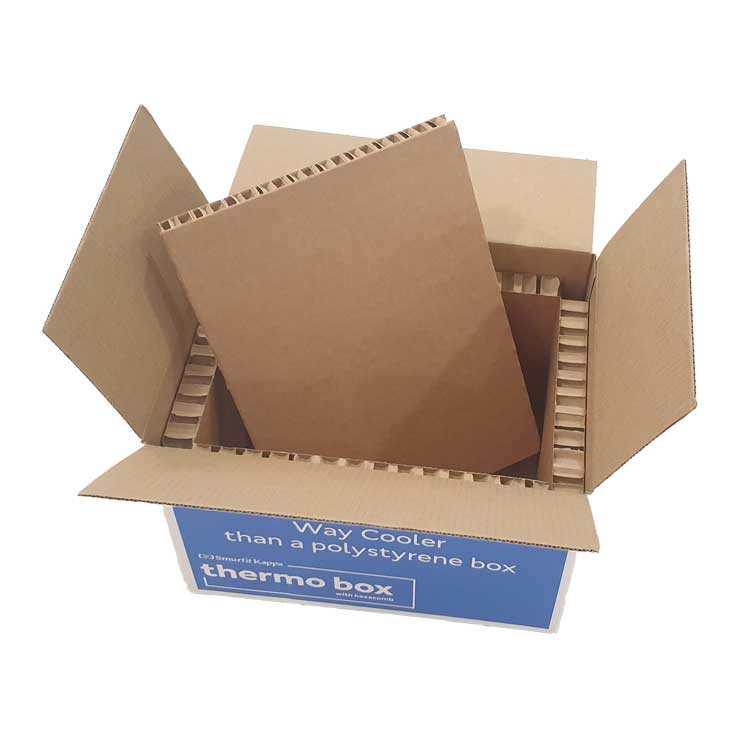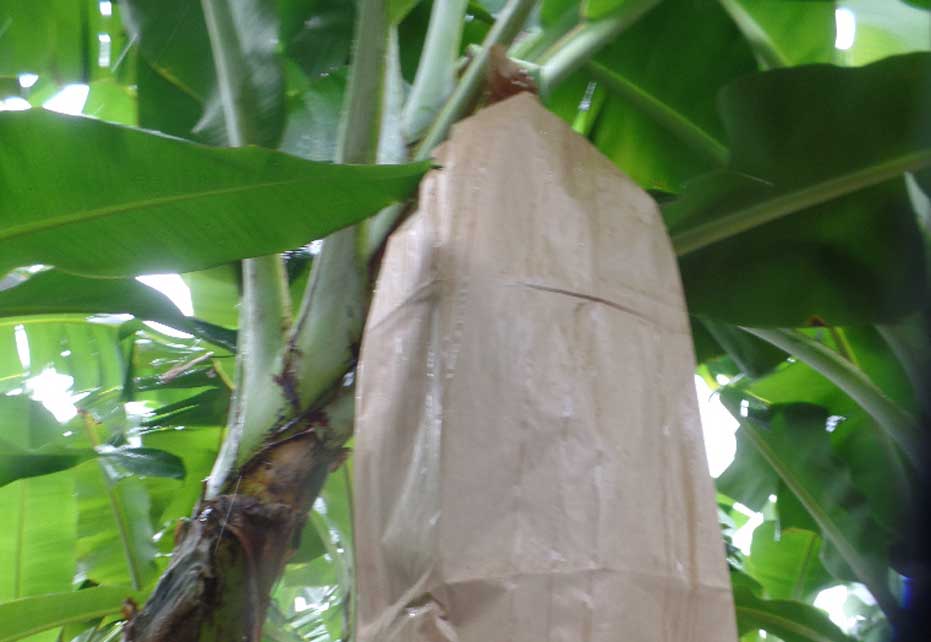
Companies around the world are making efforts to make their products more and more sustainable and environmental friendly. This includes making changes to their packaging. Some commonly observed changes in the past couple of years include making packaging both recyclable and from recycled materials, making it reusable and making it compact in size.
To reduce the overall carbon footprint of their products and their packaging, the following companies have made changes to their packaging designs and compositions in an effective manner:

In 2019, Unilever committed to a complete plastic reduction across its portfolio.
By 2020, the company managed to:
- Step up its use of post-consumer recycled plastic (PCR) to around 75,000 tonnes, which is over 10% of its plastic footprint.
- Launch new innovations to reduce its absolute use of plastic, such as recyclable paper-based ice cream tubs which will save about 4,500 tonnes of plastic.
Through its ‘Less Plastic’ approach, Unilever has explored new packaging formats, including recyclable Carte d’Or ice cream tubs made from paper, and Comfort, which expanded its ultra-concentrated fabric conditioner and has a 57% smaller dosage than any other product on the market. It requires less water to produce and needs less packaging, thereby saving resources and reducing waste.
‘Better plastic’ has led Dove to move to 100% recycled plastic bottles wherever technically feasible in North America and Europe. Other brands which use 100% recycled plastic include Hellmann's recycled plastic jars and bottles in North America, pioneer sweet soy sauce Bango in Indonesia, and Sunlight Dishwashing Liquid in South Africa, Italy, Argentina, Indonesia, Vietnam, and Thailand. In Germany, Seventh Generation has launched bottles made from locally-sourced recycled plastic from Hamburg. Magnum will roll out 7 million ice-cream tubs made with food-grade recycled plastic.
Unilever has also initiated the trial of refillable packaging. Unilever’s ‘return on the go’ scheme allows customers to pick up pre-filled stainless-steel bottles and return them in-store once used, while the ‘refill on the go’ approach allows customers to purchase and refill re-useable stainless-steel bottles using a standalone refill machine in-store.
Persil, Simple, Radox, and Alberto Balsam will be available in reusable stainless-steel bottles, providing shoppers with a way to cut plastic consumption.
.svg/800px-Smurfit_Kappa_(logo).svg.png)
SMURFIT KAPPA
The company reached 37.3% CO2 emissions intensity reduction for its paper and board mills since 2005. It also achieved 38.2% Chemical Oxygen Demand intensity reduction since 2005 and reduced the amount of waste sent to landfill by 23.7% compared to 2013.
Smurfit Kappa has introduced many sustainable alternative, especially paper-based substitutes, to traditional products in the past couple of years.
The company reached 37.3% CO2 emissions intensity reduction for its paper and board mills since 2005. It also achieved 38.2% Chemical Oxygen Demand intensity reduction since 2005 and reduced the amount of waste sent to landfill by 23.7% compared to 2013.
Smurfit Kappa has introduced many sustainable alternative, especially paper-based substitutes, to traditional products in the past couple of years.
Top clip is an alternative to shrink film for cans.

Nor-Grip is an alternative to shrink wrap for bottles.

Thermobox is an alternative to EPS packaging.

BanaBag is an alternative for plastic bagging.
 Smurfit Kappa has also recently developed new packaging for the detergent market. The Click-to-Lock Pods Box is a paper-based alternative for plastic boxes for laundry pods and is said to reduce C02 emissions by 32% during production. The format is tamper-proof and 100% recyclable and biodegradable.
Smurfit Kappa has also recently developed new packaging for the detergent market. The Click-to-Lock Pods Box is a paper-based alternative for plastic boxes for laundry pods and is said to reduce C02 emissions by 32% during production. The format is tamper-proof and 100% recyclable and biodegradable.








